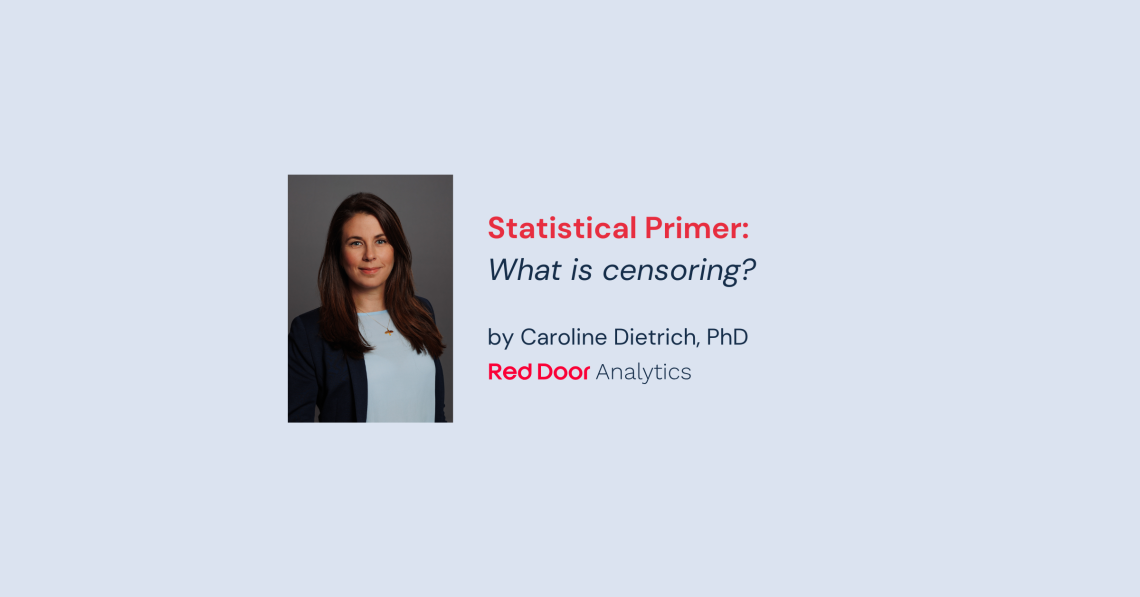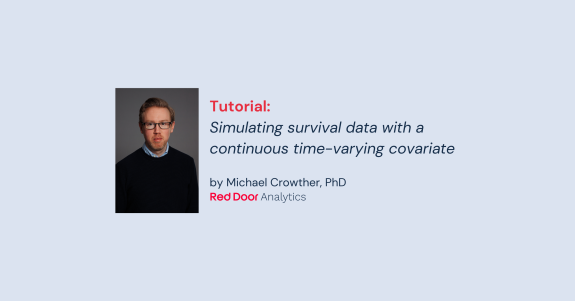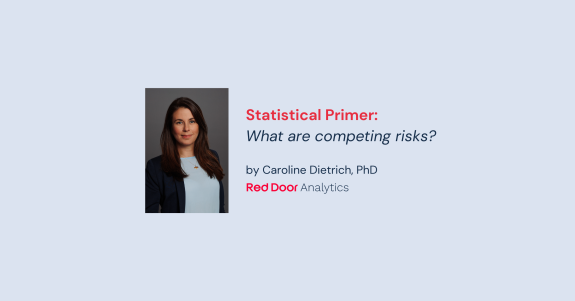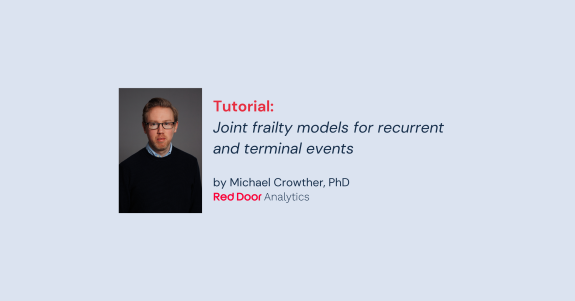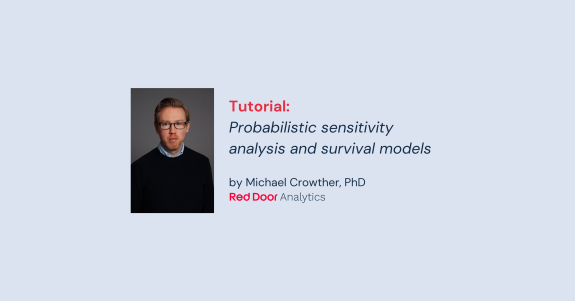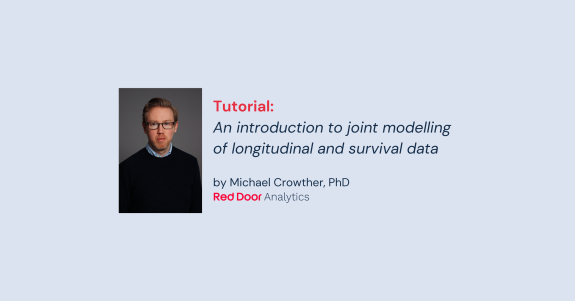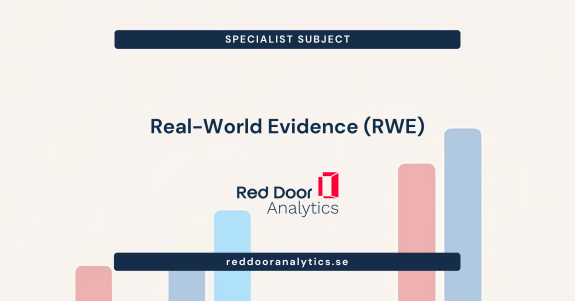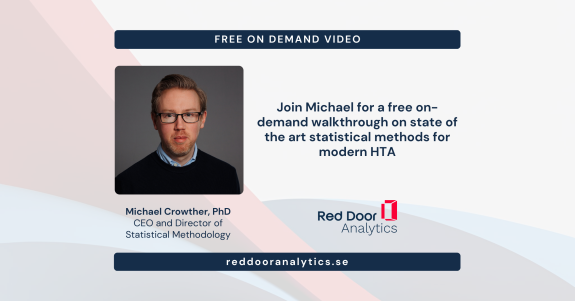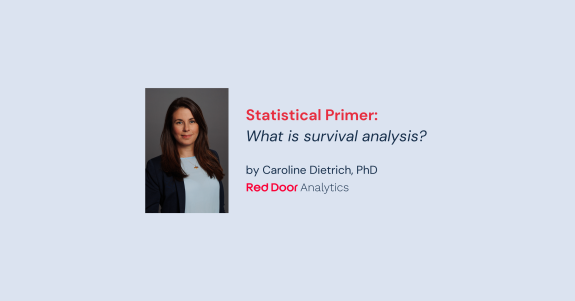Censoring refers to a situation in survival analysis where the event of interest is not observed for some of the individuals under study.
In this Statistical Primer, we’ll define three types of censoring often seen in survival analysis studies.
Censoring occurs when the information on the survival time is incomplete or only partially observed.
Censoring can have a significant impact on the analysis and interpretation of survival data. It is essential to appropriately handle censoring in survival analysis to obtain accurate estimates of survival times, covariate effects, and other related parameters.
There are different types of censoring in survival analysis:
- Right-censoring: This occurs when a participant is still alive or event-free at the end of the study period. In other words, the follow-up time for the participant ends before the event occurs. This is the most common type of censoring in survival analysis.
- Left-censoring: This occurs when the true event time is known to be less than a certain time, but the exact time is unknown. For example, if an individual is diagnosed with a disease before the study begins but the date of onset of the disease is not known, we have left-censoring.
- Interval-censoring: This occurs when the event time is known to fall within a certain interval, but the exact time of the event is unknown. For example, if a person develops glaucoma in between visits to the optician but the exact onset is unknown, we have interval censoring.

